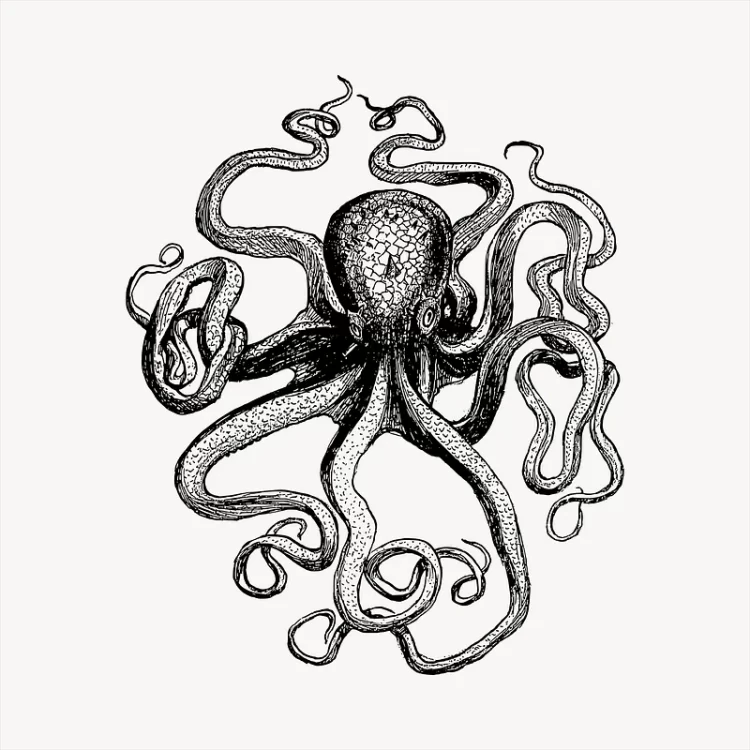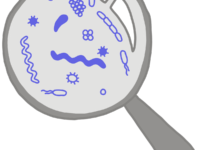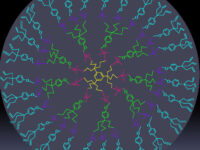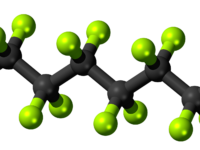The traditional approach of administering certain medications through direct injection can be particularly effective for drug delivery, but may be uncomfortable for children and those with needle phobias. While oral medications are available for some drugs, large-molecule drugs that treat chronic diseases such as diabetes, multiple sclerosis, or cancer can only be administered through an IV or an infusion. If these large-molecule drugs were to be administered orally they would metabolize much too late, rendering them almost useless.
A collaborative effort between researchers from China and Switzerland has led to an innovative and needle-free solution that draws inspiration from octopuses. The suction cups on the arms of an octopus have evolved for extremely strong suction as soon as they’re applied to objects or prey in the water. Relative to humans, it is much too difficult to get any drug to stick to wet cheeks without damaging the mouth’s tissue. Drugs typically dissolve before otherwise being diluted with saliva. Previously, it was much more difficult to get any apparatus to stick to wet cheeks without damaging the tissue of the mouth and to dissolve the drug into the cheek before it is diluted by saliva.
“Usually, drug delivery through the dense cheek tissue is ineffective, but the suction cup stretches the cheek and creates a larger surface area for the drug to pass through.”
Usually, drug delivery through the dense cheek tissue is ineffective, but a new suction cup stretches the cheek and creates a larger surface area for the drug to pass through. These small rubber suction cups have a diameter of about 1.1 centimeters and are about 0.6 centimeters tall. The chamber holds more than 50 milligrams of a drug and can be passed through the cheek’s lining efficiently. Its sealed suction to the cheek prevents saliva from interfering, keeping the drug in its most concentrated and effective form.
To understand more about the apparatus and its effectiveness, scientists conducted animal testing on beagles. The beagles were given Desmopressin, a drug that treats diabetes, in its various forms: injection, oral tablet, and drug-filled suction cups. Focusing on blood-plasma concentration, the researchers wanted to find out how much of the drug was actually being delivered into the bloodstream. The drug-filled suction cups outperformed traditional pills in their delivery to the bloodstream. The blood-plasma concentrations were 150 times higher in the dogs that used the suction cups as opposed to the dogs that took oral tablets. However, the suction cups seemed to be slightly less effective than the drugs delivered via injection.
The possibilities of this device were expanded in another beagle trial, working with a drug called Semaglutide, which has molecules that are four times larger than Desmopressin molecules. The results of this trial were still promising, and the beagles with the suction cup had a similar proportion of the drug in the blood to the beagles who took the tablet form.
In a human trial, 40 individuals self-applied the suction cups that just contained water, as a way to determine how they feel and how well they stick onto the cheek. After the participants talked, moved, and rinsed their mouths, 35 of the 40 patches stayed on. The 5 of 40 patches that had fallen off were attributed to human error, by incorrect placement or excessive manipulation of the device by the study participants.
The suction will need further testing and human clinical trials to truly determine their effectiveness, but so far, they are considered a non-invasive and self-applicable medical device. The technology would be suitable for the administration of compounds that do not fare well in the gastrointestinal tract – creating an environment where they are fully absorbed and not degraded before they have a chance to function. For example, the biggest problem with insulin is that it degrades extremely quickly as it enters the gastrointestinal tract, losing its effectiveness.
The potential of this apparatus would also be seen in a specific group it targets: children. Children often struggle with vaccines and it may be an anxiety inducing experience for those who require regular injections. For everyone involved, suction cups could be a benefit and alleviate some of the stress that comes with injections.
This groundbreaking, octopus-inspired drug delivery method holds immense promise for improving patient experience and treatment outcomes, especially for those who require regular injections or deal with the difficulties of large-molecule drugs.






